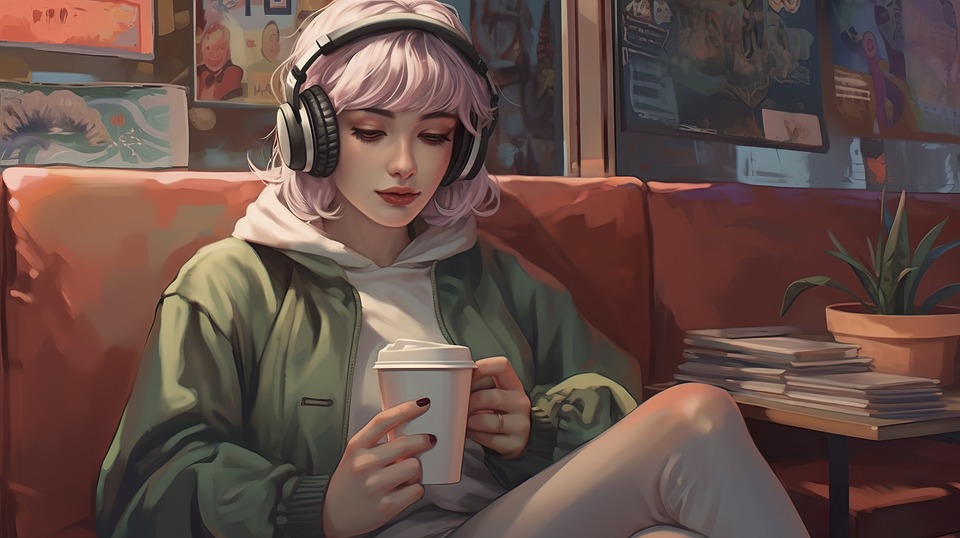In the age of technological advancements, various industries have been disrupted and transformed, and the music industry is no exception. With the emergence of artificial intelligence (AI) tools, music creation has been democratized, empowering artists of all levels to express themselves and unleash their creative potential.
Gone are the days when musicians were limited by their technical expertise or access to expensive studio equipment. AI-powered music creation tools have paved the way for artists to experiment, innovate, and push boundaries without any traditional barriers. Whether you’re a seasoned professional or an aspiring amateur, these tools offer an unprecedented level of accessibility and opportunities.
One significant way that AI has revolutionized music creation is through its ability to generate music autonomously. AI algorithms can analyze vast amounts of musical data to understand patterns, structures, and genres, enabling it to compose original melodies, harmonies, and even entire songs. This opens up a realm of possibilities for artists who may be struggling to come up with fresh ideas or are simply looking for inspiration.
For musicians with lesser knowledge of music theory, AI tools provide a helpful assistant. For example, chord progression generators and melody suggestion features can assist artists in exploring different musical options and finding combinations that resonate with their artistic vision. These tools act as a virtual collaborator, prompting artists with suggestions that they can build upon or modify according to their creative preferences.
Moreover, AI tools have made the music creation process more intuitive and inclusive. Traditional music production software often required a steep learning curve and advanced technical skills. However, with user-friendly interfaces and easy-to-understand controls, AI-powered platforms allow artists to focus on their creativity rather than complex software operations.
Artists can seamlessly experiment with different sounds, instruments, and effects using these AI-powered platforms. Whether it’s a novice artist utilizing AI-generated beats to accompany their lyrics or an experienced producer exploring new sounds, these tools are empowering musicians to achieve their artistic vision effortlessly.
Another way AI is revolutionizing music creation is by streamlining the collaboration process. Musicians can now work together remotely, irrespective of geographical boundaries, thanks to cloud-based AI platforms. Artists can share their work, collaborate in real-time, and provide feedback more efficiently, thus fostering global collaborations and the exchange of ideas.
However, some may argue that the use of AI tools in music creation could lead to a loss of authenticity or the homogenization of music. Critics believe that relying on AI algorithms may lead to a sameness in musical compositions, lacking the individuality and uniqueness that human creativity brings. Nonetheless, AI tools should be seen as tools that augment and assist human creativity, rather than replacements for it. Ultimately, it is the artist who has the final say and can imbue their personal touch and emotion into the music, ensuring it remains authentic and distinct.
In conclusion, the democratization of music creation through AI tools has opened up endless possibilities for artists of all levels. By reducing technical barriers, providing inspiration, and facilitating collaboration, AI empowers musicians to explore their creativity without limitations. Furthermore, these tools act as a catalyst for innovation, pushing the boundaries of what music can be. As technology continues to evolve, AI will undoubtedly play an increasingly significant role in shaping the future, making music creation more inclusive and accessible than ever before.

